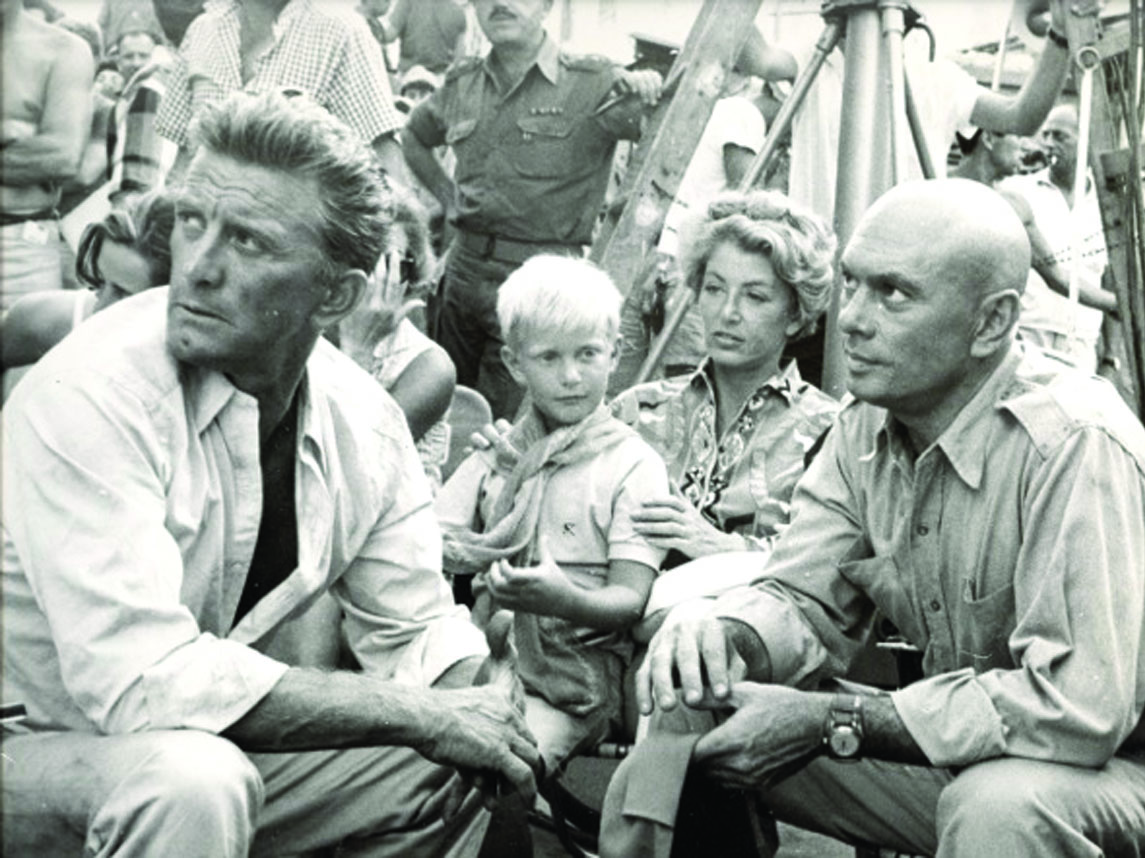
“If I live to be one hundred, there will still be so many things unsaid,” Kirk Douglas wrote his wife, Anne, in 1958, four years after their marriage in Las Vegas.
Decades later, after marking his 100th birthday on Dec. 9, 2016, the movie star wrote, “As I have now reached that milestone, I can attest that it is still true.”
Both declarations are included in the couple’s newly published book, written with Marcia Newberger, “Kirk and Anne: Letters of Love, Laughter, and a Lifetime in Hollywood.”
The book, Kirk’s 12th and Anne’s first, chronicles the ardent, if sometimes stormy, relationship between two strong personalities — he the son of a hard-drinking Jewish immigrant ragman and junk collector, she the daughter of a prosperous German family.
During his 60-year film career, when Kirk was frequently away for long periods on location shoots, he and Anne wrote to each other consistently. They started writing on paper stationery, even after the era of email set in. And Anne kept every letter, preserving a stack in the couple’s temperature-controlled wine cellar in Beverly Hills.
From the letters collected for the new book, the reader learns not only about the couple’s love life — including Kirk’s infidelities with various movie queens — but also about the affairs of fellow Hollywood stars, sparing few graphic details.
But that’s only part of the book. The couple befriended U.S. presidents and their wives, from John and Jackie Kennedy and Lyndon and Lady Bird Johnson through to Ronald and Nancy Reagan and Barack and Michelle Obama.
The Douglases also played and worked with Los Angeles’ rich and famous and cast a frequently jaundiced eye on the predominantly Jewish — and often imperious — magnates who dominated Hollywood, before the studios transformed into bland corporations.
In the book, Kirk writes, “Sometimes it was easy in Hollywood to forget that anti-Semitism, polite or overt, was still mainstream. Jews ran the major studios. With Anglicized names and beautiful blonde shiksas replacing their starter wives, they lived like the wealthy WASPS of their movies: entertaining lavishly at their grand estates; presiding over screenings in projection rooms hung with museum-quality art; voting Republican.”
The pair also take particular pride in their Douglas Foundation, which has contributed some $120 million for charitable projects, among them numerous playgrounds for poorer communities in the United States and Israel.
 Anne addressed her love letters to “Isidore” or “Izzy,” and Kirk wrote back to “Stolz.” Thereby, like almost every other entry in the book, hangs a story.
Anne addressed her love letters to “Isidore” or “Izzy,” and Kirk wrote back to “Stolz.” Thereby, like almost every other entry in the book, hangs a story.
Back in Russia, Kirk’s father’s name was Herschel Danielovitch, but after settling in New York, he “Americanized” his name, sort of, to Harry Demsky. When his son (born Issur Danielovitch) entered St. Lawrence University in northern New York State — on a wrestling scholarship — he enrolled as Isidore Demsky. He was usually called Izzy, a salutation adopted later by his wife.
Anne’s family left Germany shortly after the Nazis came to power, and she was living in Brussels when the German army invaded Belgium. With the help of a friend, Albert Buydens, she escaped by car to France. The two wed, in a marriage of convenience, to enable Anne to gain Belgian citizenship.
As a multilinguist, she quickly found work in the French movie industry in public relations and as a writer of movie subtitles. When Kirk, who had divorced his first wife, actress Diane Dill, came to Paris in 1953 to star in “Act of Love,” he met the pretty and brainy Anne Buydens, now also divorced.
Kirk already had established an impressive reputation for his outsized ego and appetite for bedding an endless parade of women, and at the moment was engaged to marry Italian-American actress Pier Angeli. Nevertheless, he made a play for Anne and immediately asked her out for dinner. He was stunned when she declined this and subsequent invitations. That’s when Kirk started to label her “Stolz,” a German word usually translated as “proud,” but, Anne said, also meaning “stubborn.”
Kirk, now 100, and Anne, 98, recently opened their spacious, but not ostentatious, Beverly Hills home for an interview with the Journal.
To compress a lively courtship, the couple married in 1954 in Las Vegas, and when the justice of the peace asked her if she would take Kirk as her lawful husband, she replied, in yet-imperfect English, “I take thee, Kirk, as my AWFUL husband.” After the laughter died down, the flustered Anne explained that she thought the word meant “full of awe.”
Despite this rocky start, after 49 years of marriage, Anne decided in 2003 to convert to Judaism under the tutorship of Rabbi David Wolpe of Sinai Temple in Westwood. She described her mikveh experience to the Journal.
“After removing all nail polish, I entered the swimming pool and put my head under the water,” she recalled. “I came out looking like a wet dog. But I was Jewish.”
She announced her new status at a full-scale religious celebration marking the couple’s 50th wedding anniversary. “Kirk has been married to two shiksas,” she said. “It is time he got a nice Jewish girl.”
One immediate impact was that Kirk, who had lighted the Friday evening candles at their home throughout the marriage, now transferred the honor to his wife.
Kirk has developed his own definition of Judaism. “I grew up praying in the morning and laying tefillin, but I gave up much of the formal aspect of religion,” he said. “I believe in God and I’m happy to be a Jew. But I think too much religion has not helped civilization. Caring for other people is my religion.”
The sons and grandchildren from Kirk’s two marriages follow the elective-choice pattern of many interfaith families. Of Kirk’s children, Oscar-winner Michael Douglas, born of his first marriage, identifies most strongly as Jewish, and two years ago used a $1 million prize to launch an outreach program to connect children of mixed marriages with their Jewish heritage. None of Kirk’s four sons had a bar mitzvah, but four of his seven grandchildren insisted on celebrating their b’nai mitzvah.
Kirk, who changed his name to Douglas before entering the Navy during World War II, learned about anti-Semitism early on. His father could not get a job at the local mills in New York because they didn’t hire Jews, and young Issur was turned down for a newspaper delivery route for the same reason. When Kirk was elected class president at St. Lawrence College, a major donor threatened to withhold donations unless the election result was nullified.
Even as a bona fide movie star, Kirk and the likes of Walter Matthau, Peter Lorre and Billy Wilder couldn’t escape prejudice in the 1950s and ’60s.
In the mid-1950s, Douglas formed his own independent production company, naming it Bryna, in honor of his mother, who also gave birth to six daughters. Among the first productions of the company — of which Anne became president — were “Paths of Glory,” followed by “Spartacus,” arguably Kirk’s most famous movie.
Kirk took his mother to one of his film premieres, with the words “Bryna Productions Present” high up on the marquee. When his mother saw this, she turned to her son and whispered in Yiddish, “Isn’t America a wonderful country?”







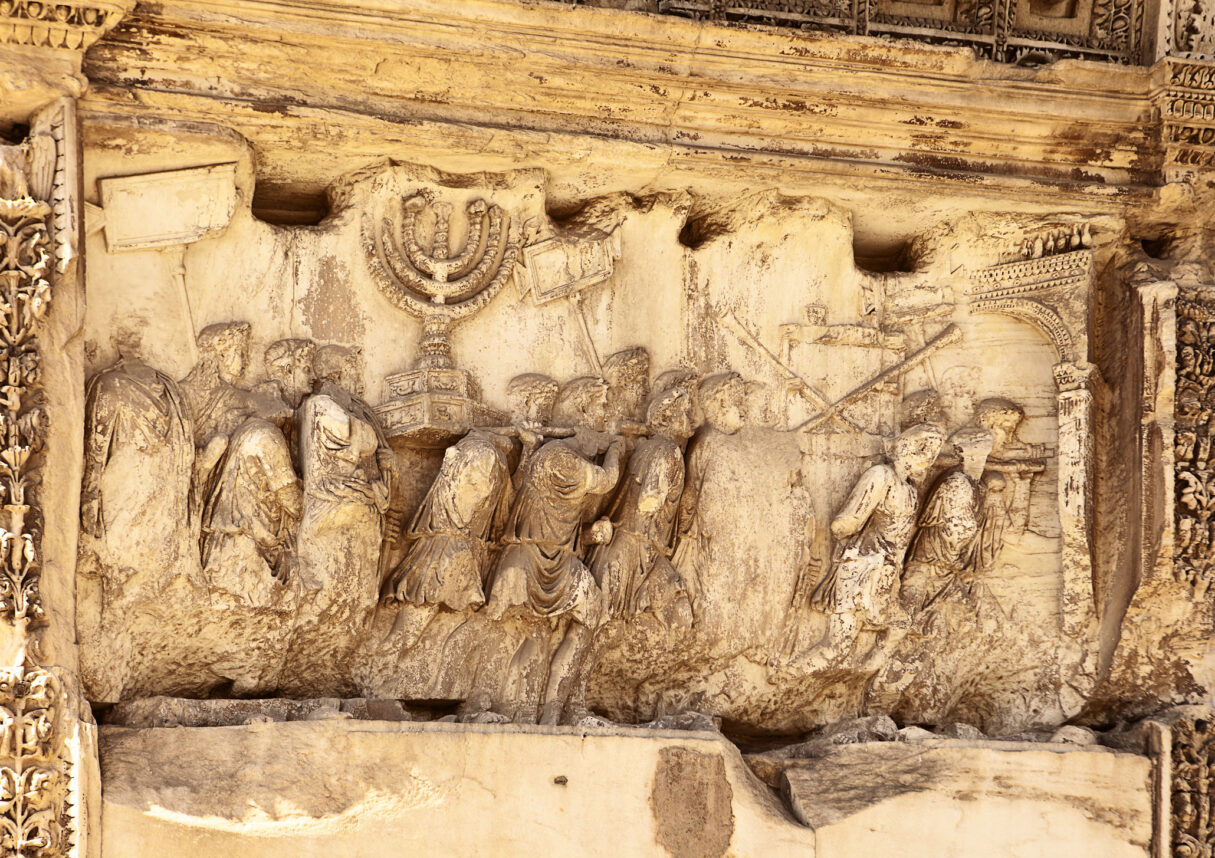



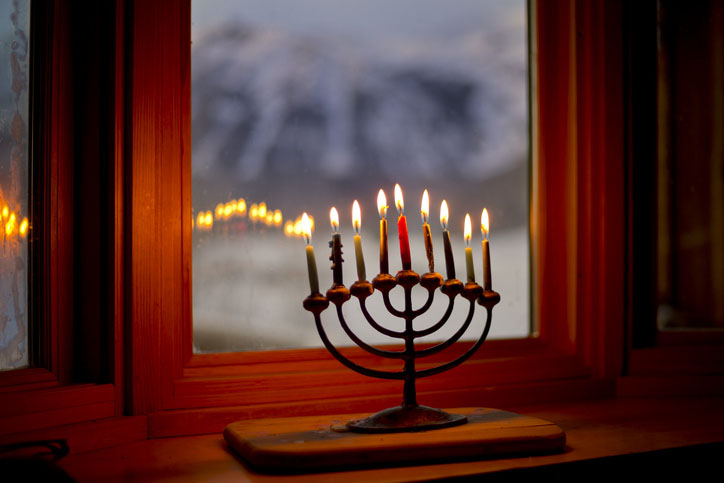
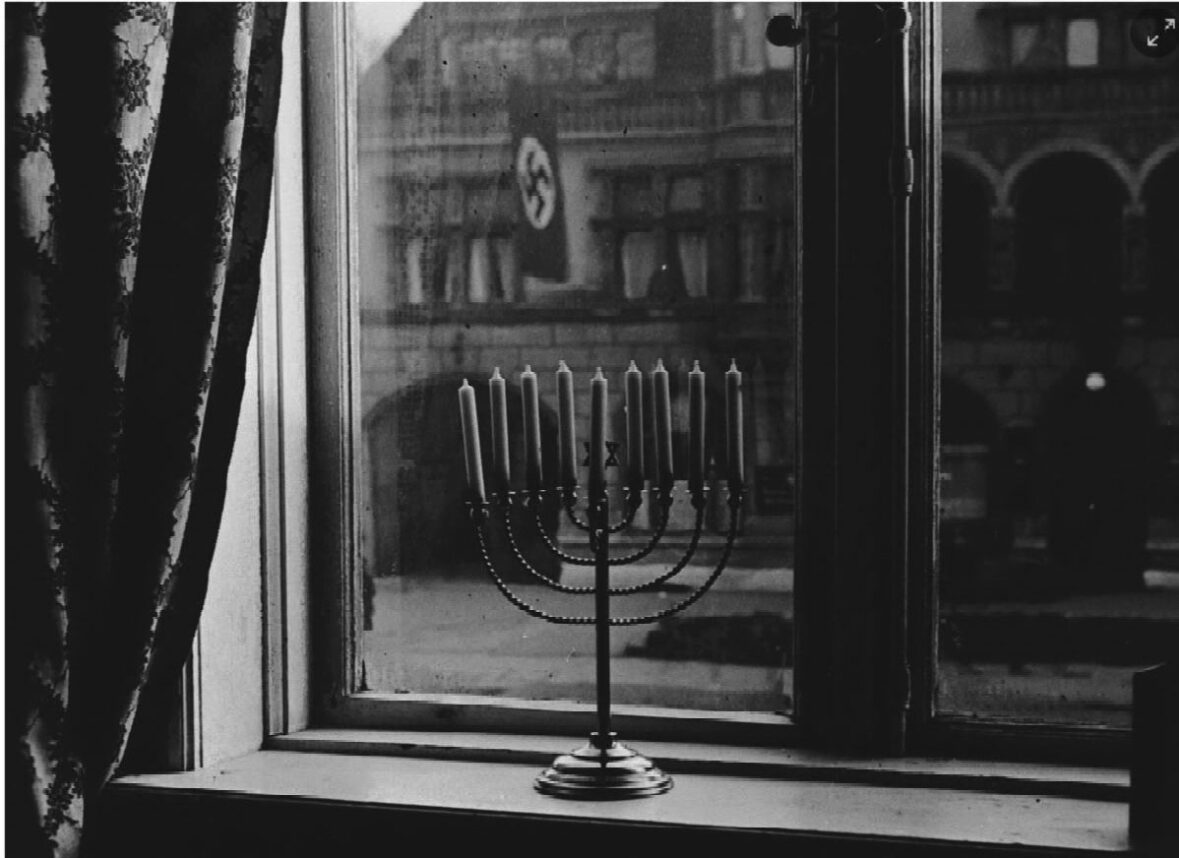

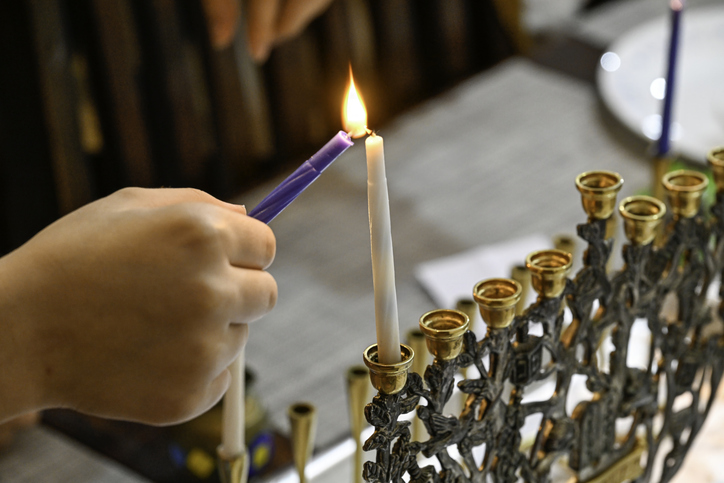
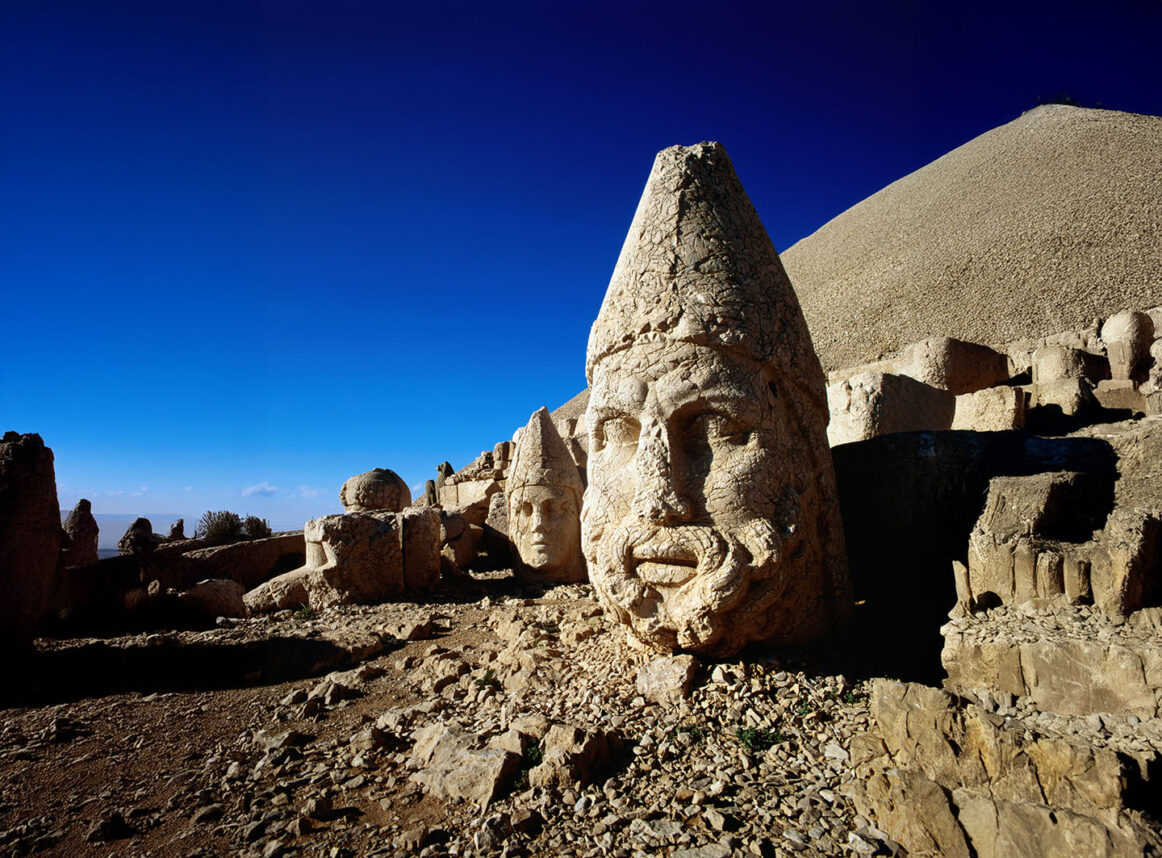






 More news and opinions than at a Shabbat dinner, right in your inbox.
More news and opinions than at a Shabbat dinner, right in your inbox.